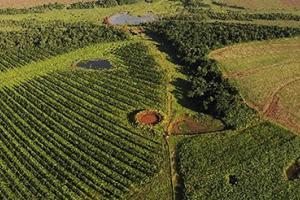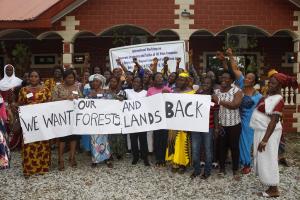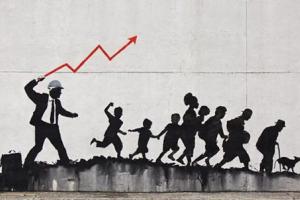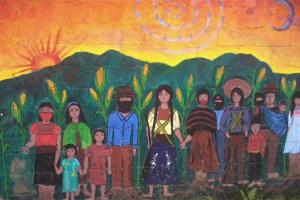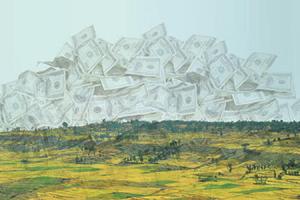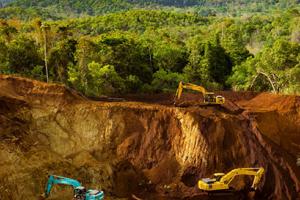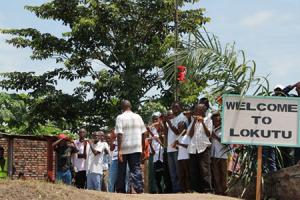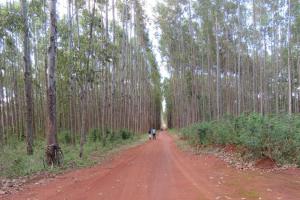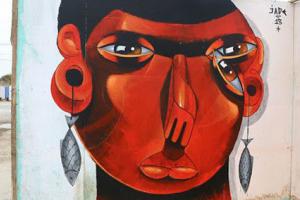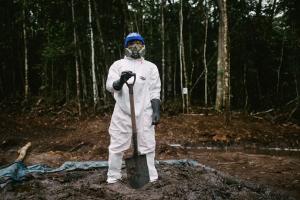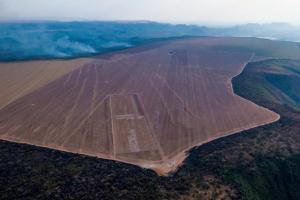The World Bank and Other Financial Institutions
“Poverty alleviation,” “sustainability,” “prosperity” and "development" are key words in the public relations materials of the World Bank, its private arm, the International Financial Corporation (IFC), and other development finance agencies. In reality, the policies, programmes and projects promoted by these institutions have time and again caused more poverty, violence and forest destruction.
The false idea that industrial plantations are a solution to the climate crisis is a golden opportunity for investment funds like Arbaro, which access scarce climate funding for expanding destructive monocultures.
For capitalists, the customary and collective land tenure systems are obstacles to wealth creation and the accumulation of profit. There has been a strong pressure for formalizing private property land rights for easing its sale and lease for commercial use. This push must stop now!
This bulletin seeks to warn about the strategies used by those imposing themselves on territories with the development flag. They increasingly work in alliance with financial capital—which they see as a partner, and which they reinforce with public resources.
WRM spoke with close allies from Brazil, Gabon, India, Mexico and Mozambique, to hear from them and learn about their understandings of development.
Why haven't Africa's post-colonial governments dismantled the colonial plantation model of exploitation and extraction, returned the lands to their people and emboldened a resurgence of Africa's diverse, local food and farming systems?
The development narrative continues to be revived despite its role in driving the current crisis and the millions of livelihoods it has destroyed through displacement and dispossession.
How does REDD+ fit into the development agenda in Indonesia? What are the actors involved in promoting REDD+ and with which interests? (Available in Indonesian).
European development banks have financed a plantation company in DRC that is built on injustice and violence dating back to a colonial-era land grab. When the company went bankrupt in 2020, the banks chose to uphold the plantation model.
In June 2019, a report from the AfDB and WWF Kenya made a call to development-funding agencies, mainly from Europe, and the World Bank, to provide aid money to a new Fund for financing 100,000 hectares of (new) industrial tree plantations, to support the potential development of 500,000 hectares, in Eastern and Southern Africa.
This article is about how so-called ‘development cooperation’ hides, and grants legitimacy to, an agenda of dispossession and capitalist expansion; and how this ‘cooperation’ actually co-opts the political agenda of grassroots movements.
Communities have a long history of confronting the disasters imposed by corporations and elites. For them, the “emergency” was a reality well before the Covid-19 pandemic. Yet, profit-seekers are abusing the situation to advance land grabs and roll back legislation.
Agro- and meat industries are winning the jackpot with the Covid-19 pandemic. While the pandemic profits stay at the top, devastation is what trickles down to the bottom. The consequences are deadly. A new wave of structural adjustment is on the way that will focus on increasing foreign agribusiness investment and exports of agricultural commodities.
